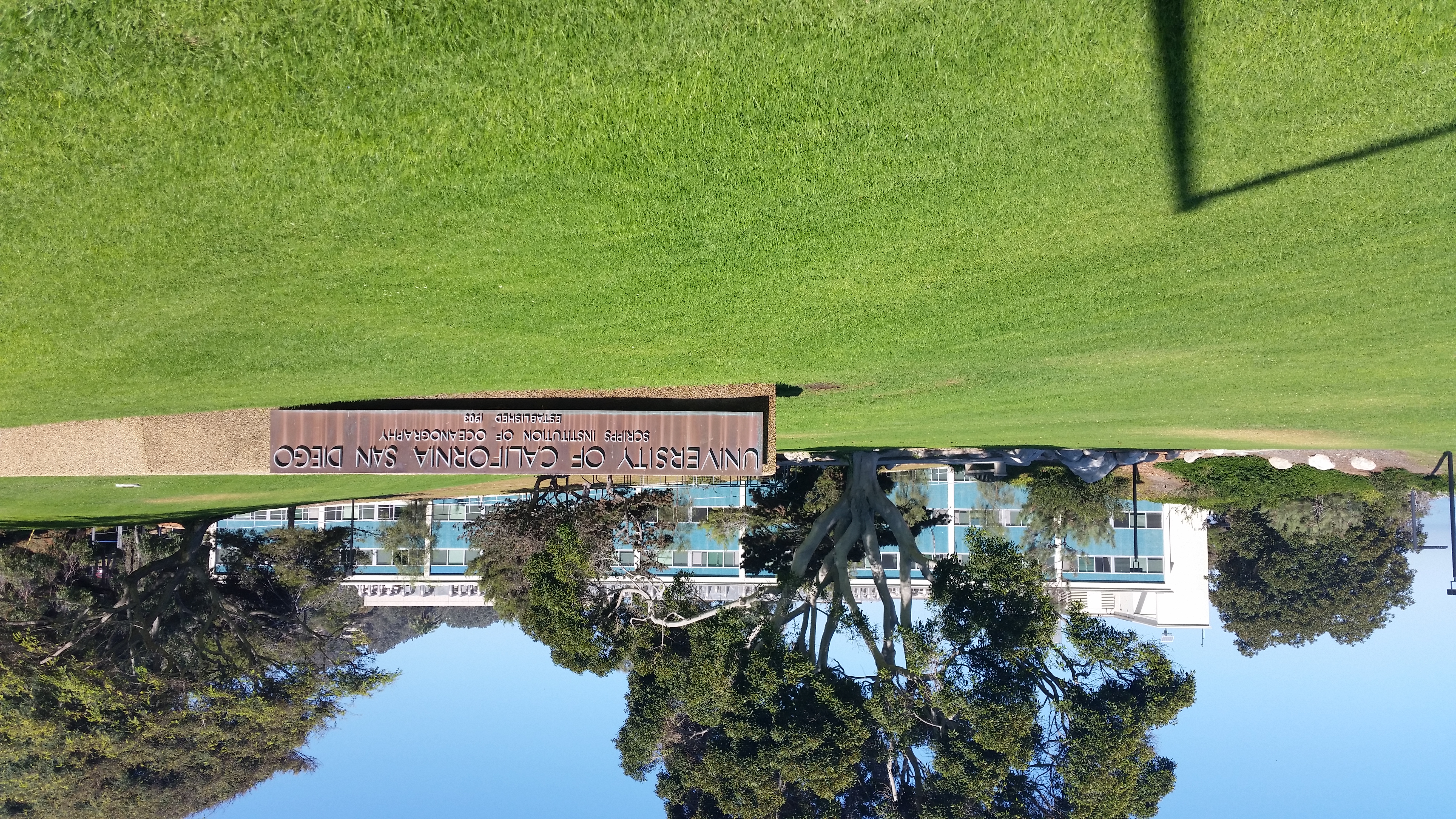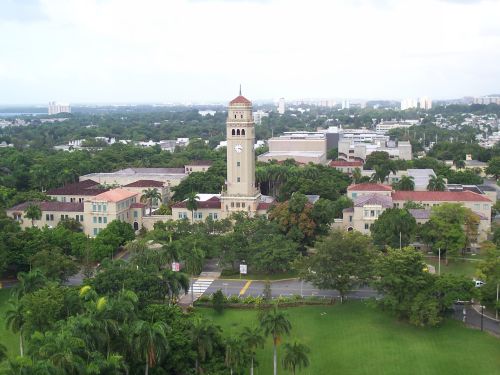|
Guillermo Algaze
Guillermo Algaze (born November 24, 1954) is a Cuban-born American anthropologist and recipient of a 2003 MacArthur Award, Algaze is a former chair of the anthropology department at University of California, San Diego, and project director of the Titris Hoyuk excavation in southern Turkey. Life and education Algaze was born on November 24, 1954, in Havana, Cuba, and was raised in Puerto Rico. He graduated from the University of Puerto Rico in 1976. Algaze later moved to the continental United States, and became a citizen. In 1986, he earned his doctorate from the University of Chicago. He joined the University of California, San Diego faculty in 1990, he taught there as a professor for several years and currently serves as the chair of the anthropology department. Academic work Algaze's archaeological interests have mostly been around Mesopotamian history and culture. His work has contributed to a vast amount of information in relation to Mesopotamia. In the 1990s, Algaze was a m ... [...More Info...] [...Related Items...] OR: [Wikipedia] [Google] [Baidu] |
Havana, Cuba
Havana (; Spanish: ''La Habana'' ) is the capital and largest city of Cuba. The heart of the La Habana Province, Havana is the country's main port and commercial center.Cuba ''The World Factbook''. Central Intelligence Agency. The city has a population of 2.3million inhabitants, and it spans a total of – making it the largest city by area, the most populous city, and the List of metropolitan areas in the West Indies, fourth largest metropolitan area in the Caribbean region. The city of Havana was founded by the Spanish Empire, Spanish in the 16th century, it served as a springboard for the Spanish colonization of the Americas, Spanish conquest of the Americas becoming a stopping point for Spanish galleons returning to Spain. ... [...More Info...] [...Related Items...] OR: [Wikipedia] [Google] [Baidu] |
Uruk
Uruk, also known as Warka or Warkah, was an ancient city of Sumer (and later of Babylonia) situated east of the present bed of the Euphrates River on the dried-up ancient channel of the Euphrates east of modern Samawah, Al-Muthannā, Iraq.Harmansah, 2007 Uruk is the type site for the Uruk period. Uruk played a leading role in the early urbanization of Sumer in the mid-4th millennium BC. By the final phase of the Uruk period around 3100 BC, the city may have had 40,000 residents, with 80,000-90,000 people living in its environs, making it the largest urban area in the world at the time. The legendary king Gilgamesh, according to the chronology presented in the ''Sumerian King List'' (henceforth ''SKL''), ruled Uruk in the 27th century BC. The city lost its prime importance around 2000 BC in the context of the struggle of Babylonia against Elam, but it remained inhabited throughout the Seleucid (312–63 BC) and Parthian (227 BC to 224 AD) periods until it was finally aband ... [...More Info...] [...Related Items...] OR: [Wikipedia] [Google] [Baidu] |
Cuban Anthropologists
Cuban may refer to: * Something of, from, or related to Cuba, a country in the Caribbean * Cubans, people from Cuba, or of Cuban descent ** Cuban exile, a person who left Cuba for political reasons, or a descendant thereof * Cuban citizen, a person who is part of the Cuban population, see Demographics of Cuba * Cuban Spanish, the dialect of Cuba * Cuban Americans, citizens of the United States who are of Cuban descent * Cuban cigar, often referred to as "Cubans" * Cuban culture * Cuban cuisine ** Cuban sandwich * Cuban-eight, a type of aerobatic maneuver People with the surname * Brian Cuban (born 1961), American lawyer and activist * Mark Cuban (born 1958), American entrepreneur See also * Cuban Missile Crisis * List of Cubans * * Cuban Boys, a British music act * Kuban (other) * Cubane Cubane () is a synthetic hydrocarbon compound that consists of eight carbon atoms arranged at the corners of a cube, with one hydrogen atom attached to each carbon atom. A solid cr ... [...More Info...] [...Related Items...] OR: [Wikipedia] [Google] [Baidu] |
People From Havana
A person ( : people) is a being that has certain capacities or attributes such as reason, morality, consciousness or self-consciousness, and being a part of a culturally established form of social relations such as kinship, ownership of property, or legal responsibility. The defining features of personhood and, consequently, what makes a person count as a person, differ widely among cultures and contexts. In addition to the question of personhood, of what makes a being count as a person to begin with, there are further questions about personal identity and self: both about what makes any particular person that particular person instead of another, and about what makes a person at one time the same person as they were or will be at another time despite any intervening changes. The plural form "people" is often used to refer to an entire nation or ethnic group (as in "a people"), and this was the original meaning of the word; it subsequently acquired its use as a plural form of per ... [...More Info...] [...Related Items...] OR: [Wikipedia] [Google] [Baidu] |
Living People
Related categories * :Year of birth missing (living people) / :Year of birth unknown * :Date of birth missing (living people) / :Date of birth unknown * :Place of birth missing (living people) / :Place of birth unknown * :Year of death missing / :Year of death unknown * :Date of death missing / :Date of death unknown * :Place of death missing / :Place of death unknown * :Missing middle or first names See also * :Dead people * :Template:L, which generates this category or death years, and birth year and sort keys. : {{DEFAULTSORT:Living people 21st-century people People by status ... [...More Info...] [...Related Items...] OR: [Wikipedia] [Google] [Baidu] |
The Evolution Of An Urban Landscape
''The'' () is a grammatical article in English, denoting persons or things already mentioned, under discussion, implied or otherwise presumed familiar to listeners, readers, or speakers. It is the definite article in English. ''The'' is the most frequently used word in the English language; studies and analyses of texts have found it to account for seven percent of all printed English-language words. It is derived from gendered articles in Old English which combined in Middle English and now has a single form used with pronouns of any gender. The word can be used with both singular and plural nouns, and with a noun that starts with any letter. This is different from many other languages, which have different forms of the definite article for different genders or numbers. Pronunciation In most dialects, "the" is pronounced as (with the voiced dental fricative followed by a schwa) when followed by a consonant sound, and as (homophone of pronoun ''thee'') when followed by a v ... [...More Info...] [...Related Items...] OR: [Wikipedia] [Google] [Baidu] |
Mesopotamia
Mesopotamia ''Mesopotamíā''; ar, بِلَاد ٱلرَّافِدَيْن or ; syc, ܐܪܡ ܢܗܪ̈ܝܢ, or , ) is a historical region of Western Asia situated within the Tigris–Euphrates river system, in the northern part of the Fertile Crescent. Today, Mesopotamia occupies modern Iraq. In the broader sense, the historical region included present-day Iraq and Kuwait and parts of present-day Iran, Syria and Turkey. The Sumerians and Akkadians (including Assyrians and Babylonians) originating from different areas in present-day Iraq, dominated Mesopotamia from the beginning of written history () to the fall of Babylon in 539 BC, when it was conquered by the Achaemenid Empire. It fell to Alexander the Great in 332 BC, and after his death, it became part of the Greek Seleucid Empire. Later the Arameans dominated major parts of Mesopotamia (). Mesopotamia is the site of the earliest developments of the Neolithic Revolution from around 10,000 BC. It has been identi ... [...More Info...] [...Related Items...] OR: [Wikipedia] [Google] [Baidu] |
University Of California, San Diego
The University of California, San Diego (UC San Diego or colloquially, UCSD) is a public university, public Land-grant university, land-grant research university in San Diego, California. Established in 1960 near the pre-existing Scripps Institution of Oceanography, UC San Diego is the southernmost of the ten campuses of the University of California, and offers over 200 undergraduate and graduate degree programs, enrolling 33,096 undergraduate and 9,872 graduate students. The university occupies near the coast of the Pacific Ocean, with the main campus resting on approximately . UC San Diego is ranked among the best universities in the world by major college and university rankings. UC San Diego consists of twelve undergraduate, graduate and professional schools as well as seven undergraduate residential colleges. It received over 140,000 applications for undergraduate admissions in Fall 2021, making it the second most applied-to university in the United States. UC San Diego H ... [...More Info...] [...Related Items...] OR: [Wikipedia] [Google] [Baidu] |
University Of Puerto Rico
The University of Puerto Rico ( es, Universidad de Puerto Rico, UPR) is the main public university system in the U.S. Commonwealth of Puerto Rico. It is a government-owned corporation with 11 campuses and approximately 58,000 students and 5,300 faculty members. UPR has the largest and most diverse academic offerings in the commonwealth, with 472 academic programs of which 32 lead to a doctorate. History In 1900, at Fajardo, the ''Escuela Normal Industrial'' (normal school) was established as the first higher education center in Puerto Rico Puerto Rico (; abbreviated PR; tnq, Boriken, ''Borinquen''), officially the Commonwealth of Puerto Rico ( es, link=yes, Estado Libre Asociado de Puerto Rico, lit=Free Associated State of Puerto Rico), is a Caribbean island and Unincorporated .... Its initial enrollment was 20 students and 5 professors. The following year it was moved to Río Piedras. On March 12, 1903, the legislature authorized founding of the University of Puerto ... [...More Info...] [...Related Items...] OR: [Wikipedia] [Google] [Baidu] |
Puerto Rico
Puerto Rico (; abbreviated PR; tnq, Boriken, ''Borinquen''), officially the Commonwealth of Puerto Rico ( es, link=yes, Estado Libre Asociado de Puerto Rico, lit=Free Associated State of Puerto Rico), is a Caribbean island and Unincorporated territories of the United States, unincorporated territory of the United States. It is located in the northeast Caribbean Sea, approximately southeast of Miami, Florida, between the Dominican Republic and the United States Virgin Islands, U.S. Virgin Islands, and includes the eponymous main island and several smaller islands, such as Isla de Mona, Mona, Culebra, Puerto Rico, Culebra, and Vieques, Puerto Rico, Vieques. It has roughly 3.2 million residents, and its Capital city, capital and Municipalities of Puerto Rico, most populous city is San Juan, Puerto Rico, San Juan. Spanish language, Spanish and English language, English are the official languages of the executive branch of government, though Spanish predominates. Puerto Rico ... [...More Info...] [...Related Items...] OR: [Wikipedia] [Google] [Baidu] |
Anthropology
Anthropology is the scientific study of humanity, concerned with human behavior, human biology, cultures, societies, and linguistics, in both the present and past, including past human species. Social anthropology studies patterns of behavior, while cultural anthropology studies cultural meaning, including norms and values. A portmanteau term sociocultural anthropology is commonly used today. Linguistic anthropology studies how language influences social life. Biological or physical anthropology studies the biological development of humans. Archaeological anthropology, often termed as 'anthropology of the past', studies human activity through investigation of physical evidence. It is considered a branch of anthropology in North America and Asia, while in Europe archaeology is viewed as a discipline in its own right or grouped under other related disciplines, such as history and palaeontology. Etymology The abstract noun ''anthropology'' is first attested in reference t ... [...More Info...] [...Related Items...] OR: [Wikipedia] [Google] [Baidu] |

_1938.jpg)
.png)



